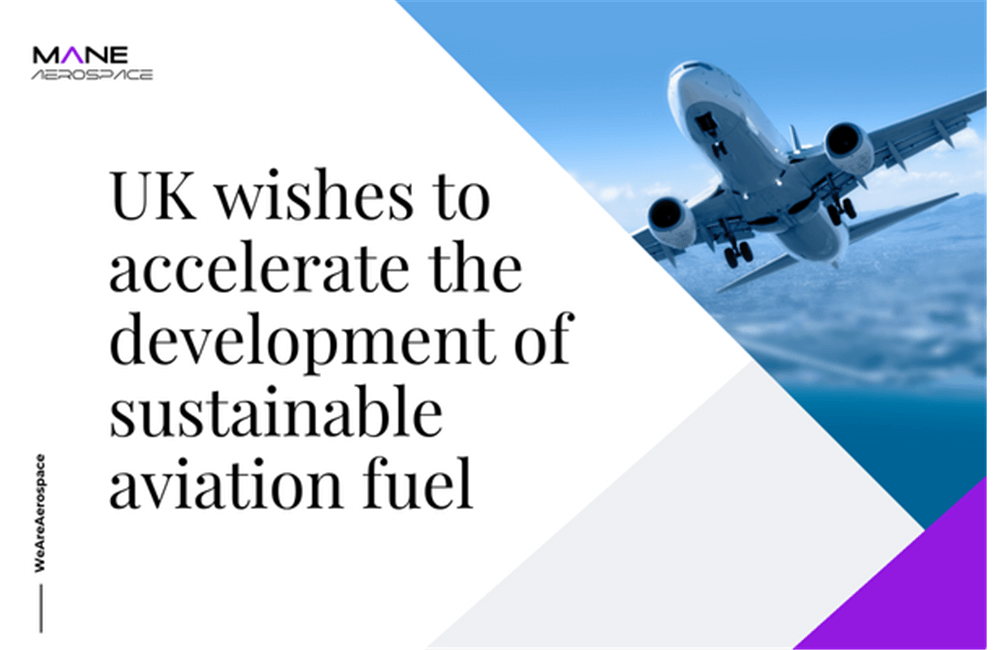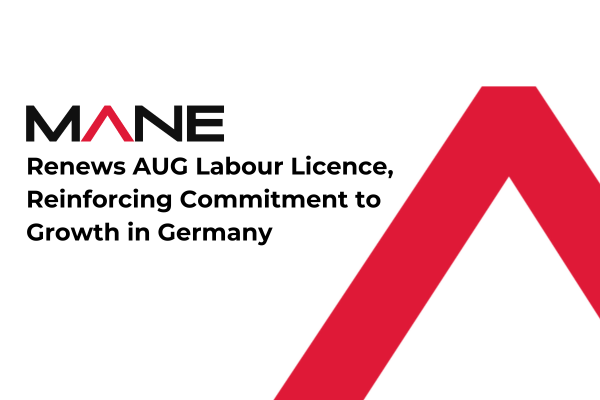UK wishes to accelerate the development of sustainable aviation fuel
25 Apr, 202310 minsOver the next two years, it is the goal to put in place measures to accelerate the creation ...

Over the next two years, it is the goal to put in place measures to accelerate the creation and usage of sustainable aviation fuel, also known as SAF. By 2025, it is thought that the use of sustainable aviation fuel will be mandated.
In fact, Jet Zero Council have a goal of delivering 10% sustainable aviation fuel in the UK by 2030.
In the short term, actions from the government will also include operating the first fully SAF transatlantic flight later this year, as well as attempting to achieve price stability for fuel which will help bring in investments.
It has been stressed by Sustainable Action that urgent action must be taken by the government to prevent missing out on becoming one of the world leaders in low-carbon aviation. By partnering with the aviation industry, we can aid in accelerating new fuels, and technologies and modernising our operation systems.
Aviation could offer the UK massive social and economic benefits, becoming a key factor to the UK’s sustainable economic future.
Sustainable aviation is built up of aircraft manufacturers, airlines and airports. The UK has a unique opportunity to become home to the low-carbon aviation industry.
However, there has been a warning that this opportunity could fail without the right government support. There has been a call for a price support strategy for sustainable aviation fuel, which would aid in encouraging more private funding.
Sadly, the UK is in competition with other countries around the world to capture these private investments which could help drive the growth of these technologies to create jobs of the future.
Whilst the US and EU strive forwards with their investments in SAF and other incentives for low-carbon technologies, the UK government is being called to help the sector run more smoothly. This involves the modernisation of airspace on top of bringing commercial SAF production to the UK in the next ten years.
Furthermore, there is also the need for further government investments in zero-carbon emission aircraft, that use fuels like the likes of hydrogen. Also, there is a need for the production of carbon removal initiatives.
With the increased cost of SAF, there would be a reduction in passenger demand. However, even with higher-priced flights, it is clear that people will still wish to fly. In fact, by 2050, we should expect to see passenger growth of nearly 250 million.


